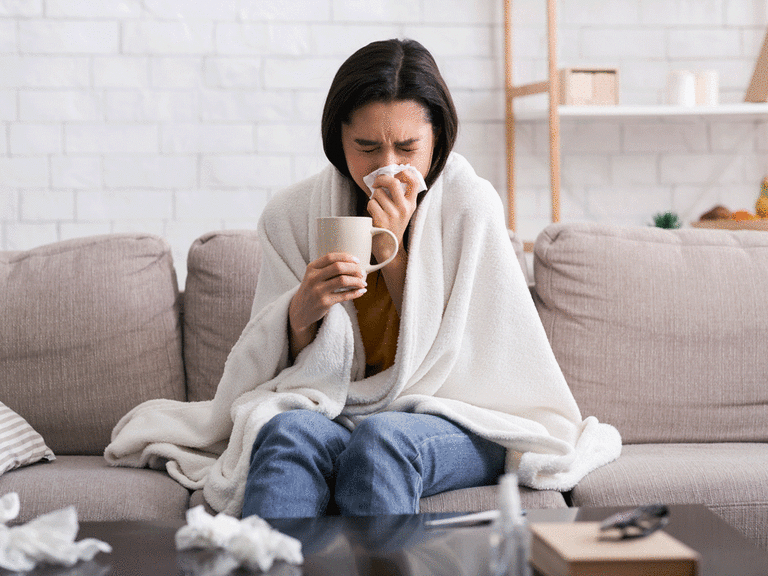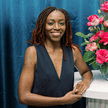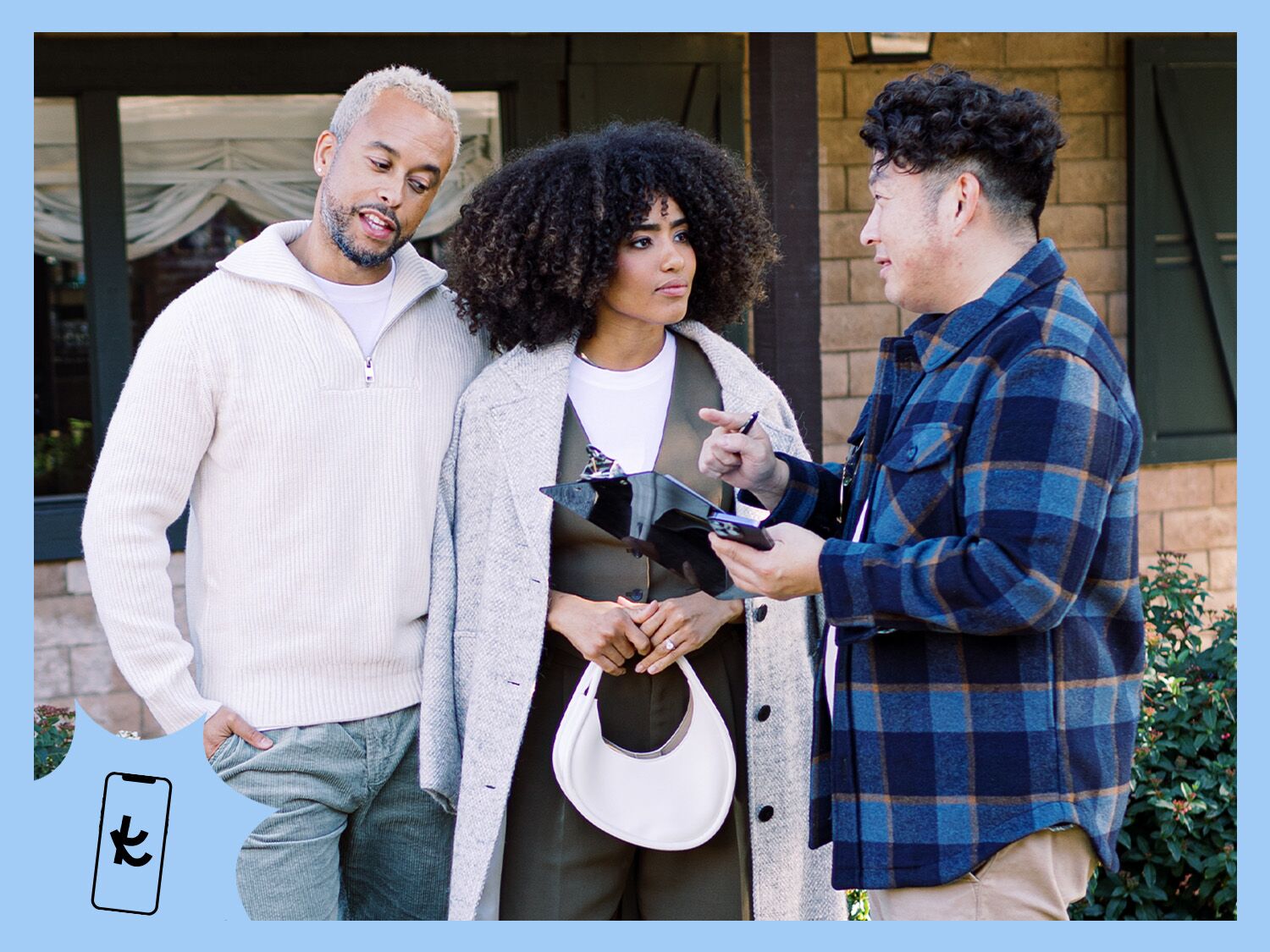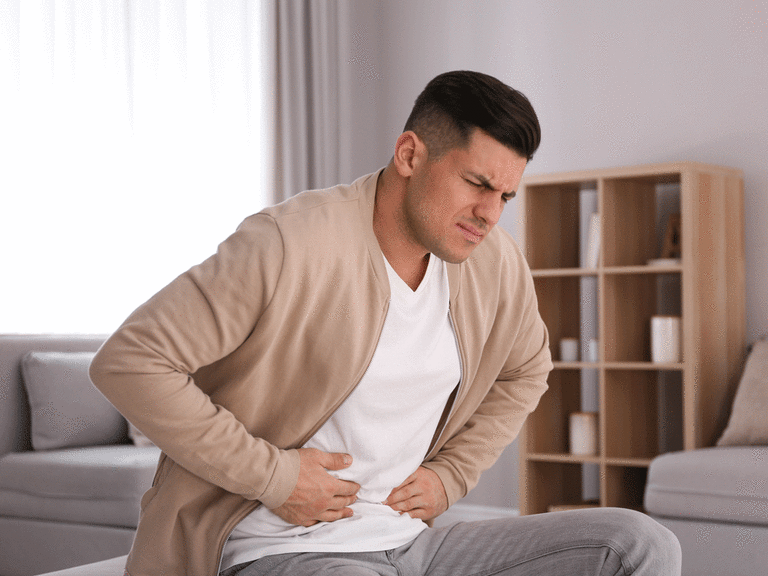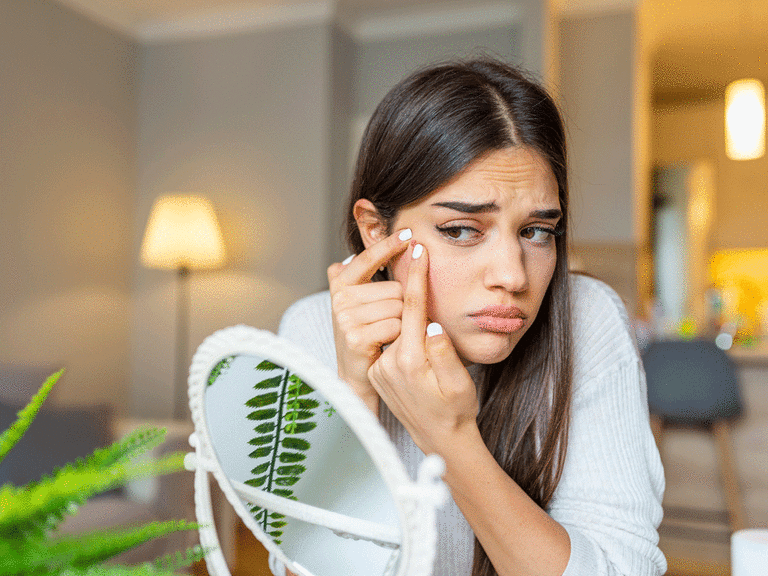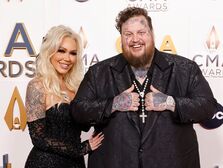This Is What You Should Do If You Wake Up Sick on Your Wedding Day
Even if you've marked off everything on your wedding checklist to ensure your big day is absolutely perfect, some things are just out of your control––like getting sick on your wedding day. But waking up not feeling your best doesn't mean you have to redo your wedding day timeline. We've consulted various health experts for their top tricks to stop an ailment in its tracks—or at least long enough for you to say, "I do." Check out these doctor-approved remedies for almost every illness or injury you may encounter on your special day.
How to Treat Common Illnesses and Injuries
Don't let these common conditions get you down. Check out these expert-backed treatments for your wedding day sickness.
A Flu or Fever
The best defense for the flu is a good offense: proper prewedding self-care to ensure you're healthy. "If you wake up with the flu on your wedding day, I am truly sorry—it's a terrible illness that makes you feel absolutely awful," Shireen Khan, MD and an emergency medicine specialist, says. You can't treat the flu with antibiotics, and medications may decrease its length by a few hours—not helpful on your wedding day. Your best bet is to alternate between acetaminophen (Tylenol) or ibuprofen (Motrin) to keep the fever down. For food, Amy Gannon Gibbs, MEd, RD, LD, Health and Wellness Program Director at Cleveland Clinic, recommends the BRAT diet: bananas, rice, applesauce and toast. These foods have nutritional value but are easy on the stomach, plus, they're most likely on hand at home or in a hotel. Chicken soup is another comforting meal that'll warm you up and sneaks some protein and veggies into your system.
A Cold
Don't let something as common as a cold get in the way of your special day. While you can't make the sniffles disappear instantly, there are ways to treat your symptoms and feel good enough to dance the night away. Khan's favorite medicine combination is pseudoephedrine (ask your pharmacist to get you Sudafed from behind the counter) and oxymetazoline nasal spray (Afrin). Always talk to your doctor before taking these medications if you have high blood pressure or heart problems.
In terms of diet, Gibbs stresses hydration. Water is always a great choice, but you can go for coconut water or Pedialyte if you're feeling extra parched. (Gibbs says Gatorade is too sugary for your needs). Have some fruit on hand? Try your own hydration recipe. Summer Sanders, a certified raw food chef and author of Raw and Radiant, goes for a blend of natural antibiotics of papaya, turmeric, ginger, coconut water and raw honey.
We know your wedding might have you feeling extra chatty. But if you have a cold on your wedding day, your voice might be waning or you're battling a cough. Try to rest your vocals as much as possible before your "I dos." Start the morning with a saltwater gargle using one tablespoon of salt dissolved in eight ounces of water. Drinking ginger tea with honey can also soothe your throat. If you want to try medication, Khan suggests Benzonatate for the cough (Tessalon Perles) or guaifenesin for mucus (Mucinex). Just don't use any combination of medications that can make you sleepy.
A Hangover
Sick on the wedding day because you had a little too much fun at last night's rehearsal dinner? Tame a trembling headache with ibuprofen or Tylenol and start chugging—water or juice—to rehydrate. Eating fruits high in water content, like melons, can also help. If you're feeling extra ambitious, Sanders swears by drinking pure celery juice on an empty stomach. "This will soothe your stomach and help rebalance your stomach acid," Sanders says. If you can't survive without coffee but worry it'll dehydrate you, don't—that's a myth, according to Gibbs. Look to protein and healthy fats found in food like eggs, salmon, avocado and whole grains to soak up extra alcohol and replenish your energy.
Pink Eye
Smudging your eyeliner was your worst worry, but now you have pink eye. Your doctor will probably prescribe an antibiotic, but in a pinch, buy an over-the-counter eye drop—Khan likes Systane—for comfort. "This happened to my friend, a pediatrician that works with sick kids for a living," Khan says. "You can always have your photographer tweak your photos as my friend did. Most of your guests won't even notice from far away." Depending on what kind of pink eye you have, it can be highly contagious, so make sure you're practicing good hygiene throughout the day.
A Sprained Ankle
Whether you were taking a wedding day jog to ease your nerves or breaking in a pair of heels for the reception, a sprained ankle can happen to the best of us. Unfortunately, there's no quick fix. Khan recommends resting, keeping the foot elevated, applying ice and using an anti-inflammatory medication like ibuprofen. For extra support, buy an elastic bandage from your local pharmacy and slip it off for photos. You may have to ditch the heels you were breaking in, but wedding flats or going barefoot can be just as chic. And certainly take as many opportunities as you can to rest before the wedding.
How to Treat Stomach Ailments
Having stomach issues on the week or day of your wedding isn't ideal when you have a mouthwatering wedding menu you want to enjoy. Read below for some quick and easy fixes for an aching stomach.
Stomach Virus or Nausea
An upset stomach doesn't mean you have to lock yourself in the bathroom all day. Khan says Ondansetron, also known as Zofran, does wonders for nausea. Have your doctor call the prescription to your local pharmacy. If you have essential oils on hand, Sanders recommends rubbing fennel and peppermint oils on your head and neck to combat queasiness. In the case of serious bathroom issues, Khan recommends Loperamide, which you can get over the counter. And sip ginger or peppermint tea if you can throughout the day to keep butterflies at bay.
Period Cramps
Did Aunt Flo decide to show up at your wedding without an invite? No fear. Treat yourself to some dark chocolate and seeds like pumpkin and chia—the magnesium helps relieve cramps, according to Gibbs. Avoid foods high in sodium or fiber and carbonated drinks while on your period on the wedding day since they can increase bloating. Cramps can be treated with physical methods like rubbing your stomach and applying heat. Sanders says rubbing clary sage and cypress essential oils on the lower abdomen is great for relieving pain. Also, you can use a warm water bottle or gentle heating pad for your cramps. Trusty painkillers like ibuprofen or Midol are safe bets too.
How to Treat Skin Ailments
Getting sick on the wedding day doesn't only include the inside of your body. This is how to get rid of these skin conditions before you walk down the aisle.
A Pimple
With all the potential stress and travel surrounding your wedding, there's the chance of you getting a dreaded pimple before the wedding or having one pop up on the day. That's why Audrey Kunin, MD, dermatologist and founder of DERMAdoctor, recommends creating an emergency kit just in case. First, ice the breakout to shrink it, then apply a drying spot treatment. One-percent hydrocortisone cream can further reduce inflammation if you apply it after removing the spot treatment. Given the time and resources, a quick trip to the dermatologist for a cortisone shot can rapidly shrink an inflamed blemish. As for cover-up, green concealer will be a lifesaver to hide redness.
A Bug Bite
"This hits home for me because I had a massive bug bite in the center of my back with my low-back wedding dress last year," Khan says. Her day-of solution? Grab some ice, slather hydrocortisone cream and tell your makeup artist to be generous with concealer and finishing powder. If you're the type of person who gets particularly large and painful bites, you can take ibuprofen to reduce swelling. Though an antihistamine like Diphenhydramine (Benadryl) can help with symptoms, Khan says it's best to avoid them as they will make you drowsy. "You want to be awake for your party!" Khan says.
Hives
Hopefully, the thought of getting married doesn't send your body into hives at this point (à la Carrie Bradshaw in "Sex and the City") but if you get hives from food, nerves or the environment, don't stress—there's hope. Khan says to pop a non-sedating antihistamine like Loratadine, Fexofenadine or Cetirizine (probably better known as Claritin, Allegra and Zyrtec, respectively). They take 30 minutes to four hours to start working but will suppress hives for 24 hours. Try not to scratch, get too warm, consume highly acidic food or alcohol (especially red wine) or wear tight clothing (wedding dress permitting). Of course, if you're facing a life-threatening allergy or illness, put your safety first and go to the ER—you know your limits, so always listen to your body and put your health first.
Please note: The Knot and the materials and information it contains are not intended to, and do not constitute, medical advice and should not be used as such. You should always consult with a medical professional about your specific circumstances.
